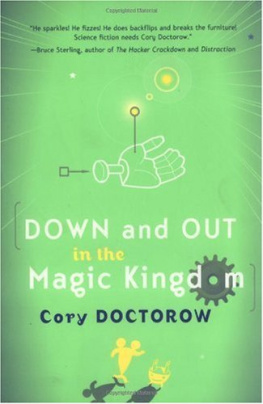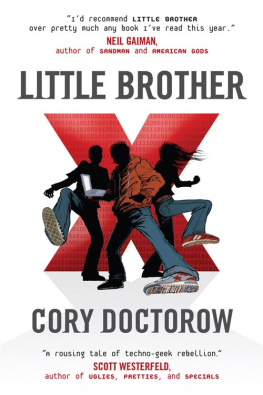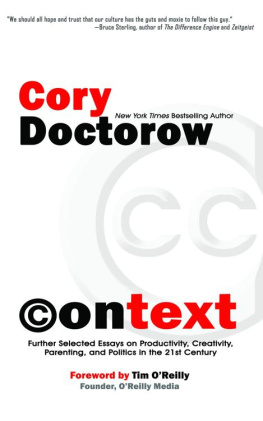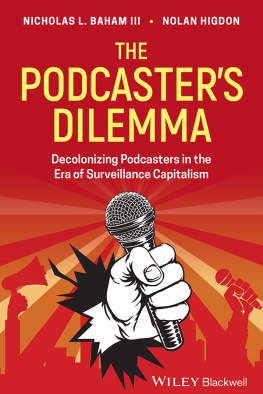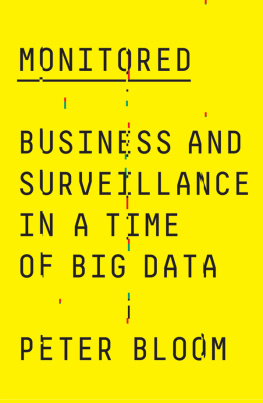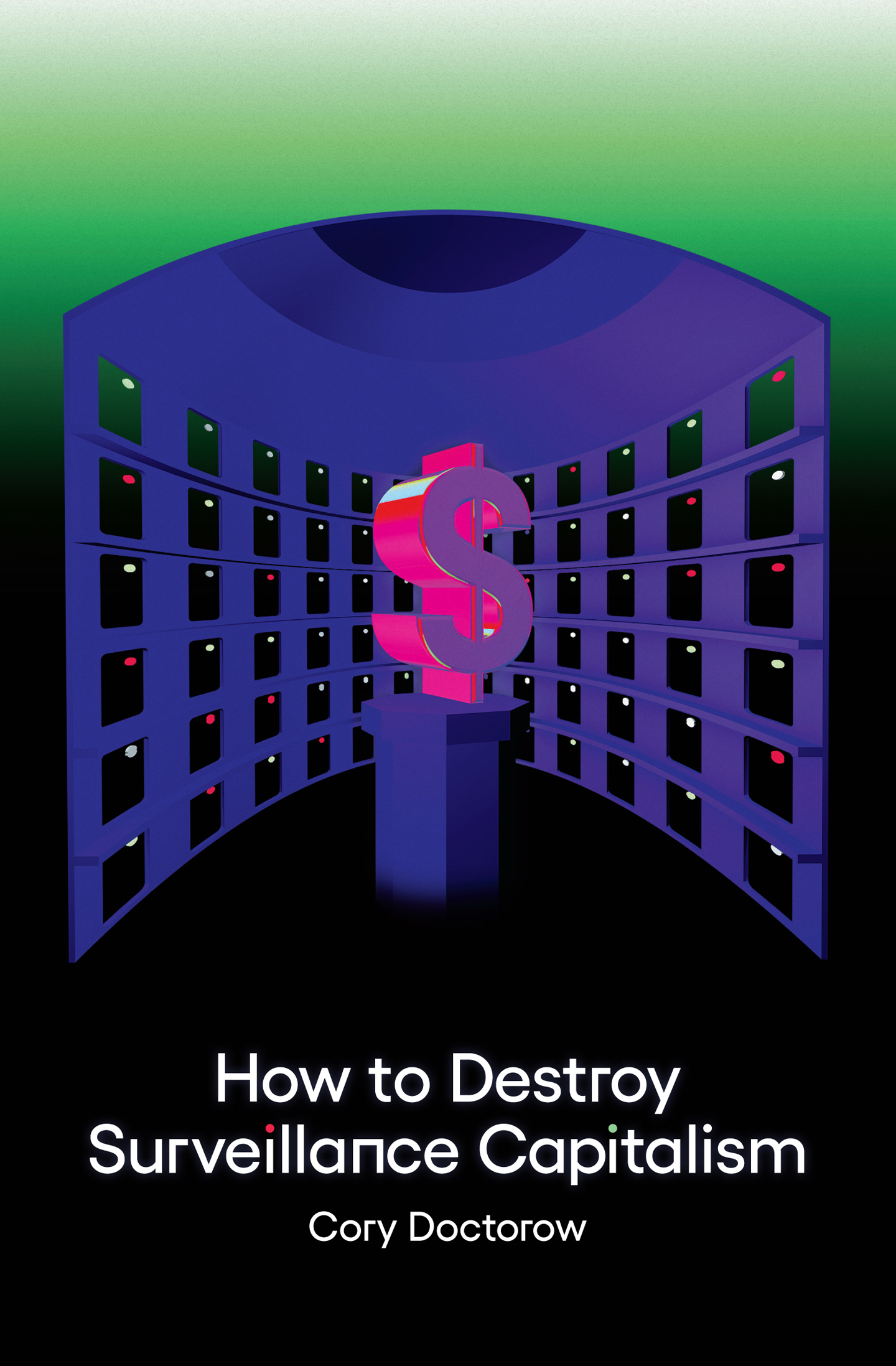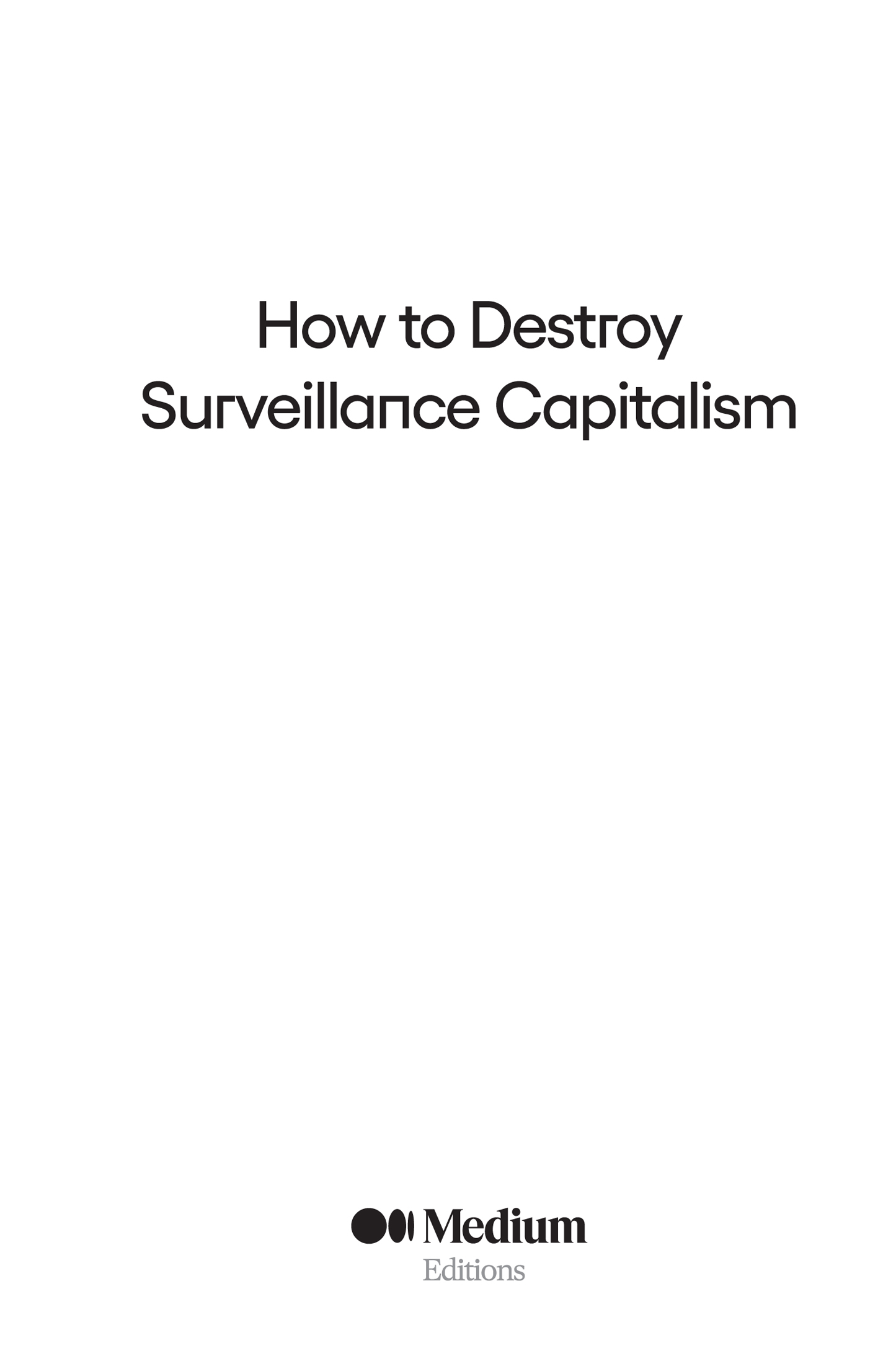Cory Doctorow - How to Destroy Surveillance Capitalism
Here you can read online Cory Doctorow - How to Destroy Surveillance Capitalism full text of the book (entire story) in english for free. Download pdf and epub, get meaning, cover and reviews about this ebook. year: 2021, publisher: Medium Editions, genre: Politics. Description of the work, (preface) as well as reviews are available. Best literature library LitArk.com created for fans of good reading and offers a wide selection of genres:
Romance novel
Science fiction
Adventure
Detective
Science
History
Home and family
Prose
Art
Politics
Computer
Non-fiction
Religion
Business
Children
Humor
Choose a favorite category and find really read worthwhile books. Enjoy immersion in the world of imagination, feel the emotions of the characters or learn something new for yourself, make an fascinating discovery.

- Book:How to Destroy Surveillance Capitalism
- Author:
- Publisher:Medium Editions
- Genre:
- Year:2021
- Rating:5 / 5
- Favourites:Add to favourites
- Your mark:
How to Destroy Surveillance Capitalism: summary, description and annotation
We offer to read an annotation, description, summary or preface (depends on what the author of the book "How to Destroy Surveillance Capitalism" wrote himself). If you haven't found the necessary information about the book — write in the comments, we will try to find it.
OneZero, Mediums official technology publication, is thrilled to announce a print-on-demand edition of How to Destroy Surveillance Capitalism by Cory Doctorow, with an exclusive new chapter. How to Destroy Surveillance Capitalism was first published online in August, where it was an instant hit with readers, scholars, and critics alike. For years now, weve been hearing about the ills of surveillance capitalism - the business of extracting, collecting, and selling vast reams of user data that has exploded with the rise of tech giants like Google, Facebook, and Amazon. But what if everything weve been hearing is wrong? What if surveillance capitalism is not some rogue capitalism or a wrong turn taken by some misguided corporations? What if the system is working exactly as intended - and the only hope of restoring an open web is to take the fight directly to the system itself? In Doctorows timely and crucial new nonfiction work, the internationally bestselling author of Walkaway, Down and Out in the Magic Kingdom, and Little Brother, argues that if were to have any hope of destroying surveillance capitalism, were going to have to destroy the monopolies that currently comprise the commercial web as we know it. Only by breaking apart the tech giants that totally control our online experiences can we hope to return to a more open and free web - one where predatory data-harvesting is not a founding principle. Doctorow shows how, despite popular misconception, Facebook and Google do not possess any mind-control rays capable of brainwashing users into, say, voting for a presidential candidate or joining an extremist group--they have simply used their monopoly power to profit mightily off of people interested in doing those things and made it easy for them to find each other.Doctorow takes us on a whirlwind tour of the last 30 years of digital rights battles and the history of American monopoly - and where the two intersect. Through a deeply compelling and highly readable narrative, he makes the case for breaking up Google, Facebook, Amazon, and Apple as a means of ending surveillance capitalism.
Cory Doctorow: author's other books
Who wrote How to Destroy Surveillance Capitalism? Find out the surname, the name of the author of the book and a list of all author's works by series.


